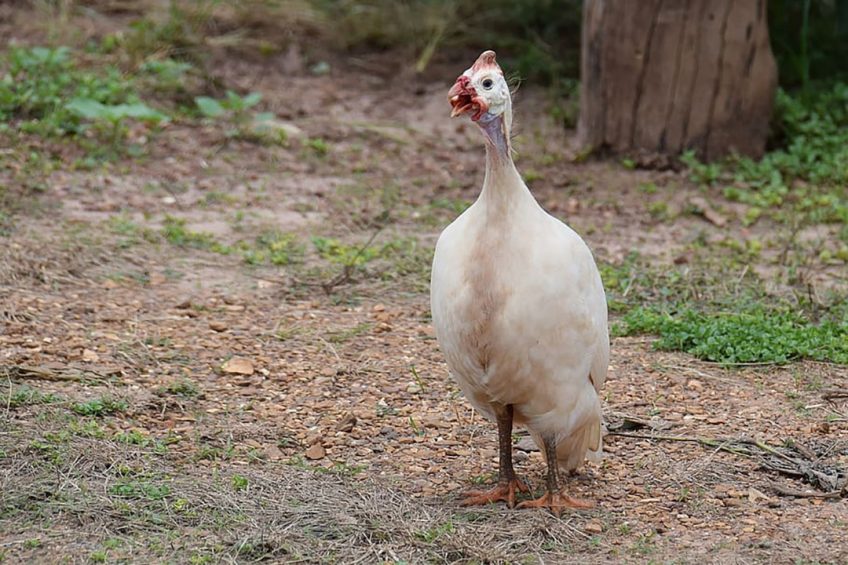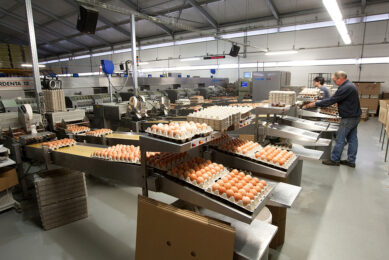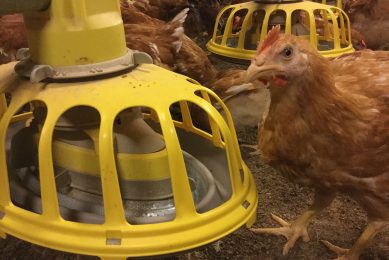Prospects for poultry production in Angola

Poultry farming in the African country Angola is developing, with it now being self-sufficient in egg production, but still reliant on imports for poultrymeat.
A new report from the United States Department of Agriculture estimates poultry production at 27MT in 2018, mainly comprising backyard chickens and a few commercial farms.
That year, Angola was the 5th largest importer of American poultry, valued at more than $180m.
War decimated Angola’s agri-sector
Before the 1975-2002 civil war Angola was a major exporter of coffee, sisal, maize, bananas, and cotton, and self-sufficient in all food crops except wheat.
War disrupted that production, and it is now estimated the country needs to import as much as 90% of its food.
Oil is the major driver of its economy, but its government hopes to rebuild its agricultural industry.
Angola does not produce sufficient grains and oilseeds to support the poultry sector, so feed must be imported…” – USDA
Re-building the poultry sector
According to the USDA, Angola aims to become a major poultry producer in the coming years.
One company forging ahead with meeting this goal is Aldeia Nova, a public/private partnership that is an integrated egg production system.
“The poultry operation of Aldeia Nova is a fully integrated egg production system utilising tenant farmers to manage small houses of 1,000 laying hen capacity. The project consists of 600 such units with a capacity to produce 400,000 eggs per day,” according to the USDA.
But poultrymeat production has been slower to develop, because of the lack of access to larger quantities of feed, it added.
“Angola does not produce sufficient grains and oilseeds to support the poultry sector, so feed must be imported. The main factor blocking this sector’s growth is the lack of foreign currency with which to buy imports.”













